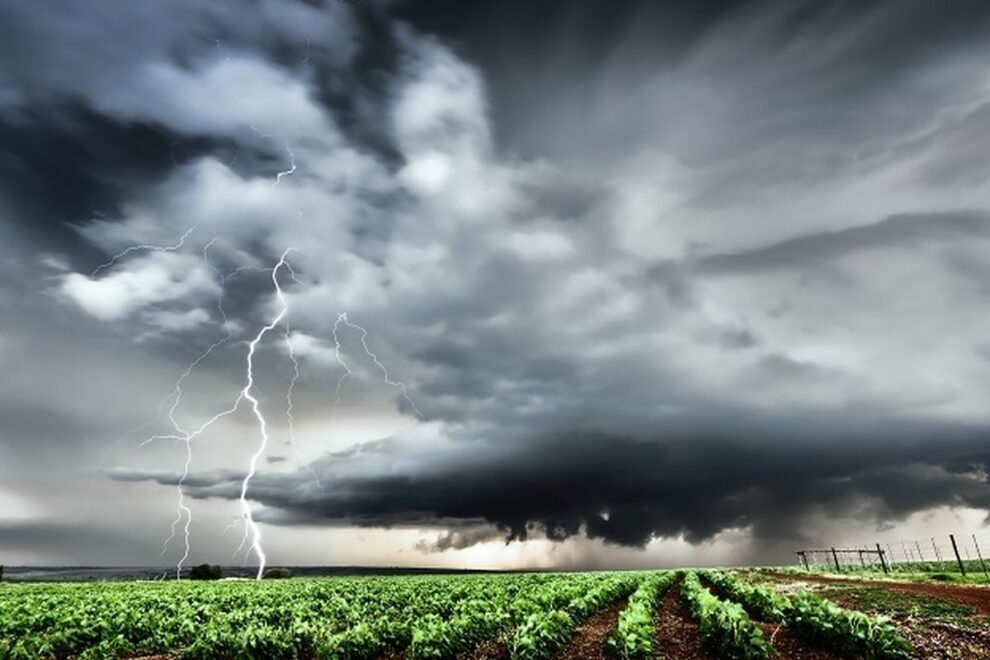Amidst the shifting sands of climate change, Morocco, as revealed in the 2022 Annual Report by the Economic, Social and Environmental Council (CESE), shows remarkable resilience and strategic environmental stewardship.
The COP27 conference held in Egypt resulted in another step in humanity’s efforts to limit climate change. Its “Charm El-Cheikh Implementation Plan,” calls for international collaboration to address climate change. Morocco, an active participant, solidified partnerships in crucial sectors such as water management, environmental preservation, and sustainable energy.
The report underscores the harsh reality of climate change’s impact on Morocco, manifested through extreme weather events, including heatwaves, droughts, and floods.
The agricultural sector, already grappling with an unprecedented drought, soaring temperatures, and a 27% precipitation deficit from 2021, saw the government implement measures such as accelerating water interconnection projects and developing seawater desalination stations.
Despite these challenges, Morocco secured the 7th position globally in the 2022 Climate Performance Index. This commendable ranking is attributed, according to CESE, to the nation’s sustained commitment to renewable energy, low greenhouse gas emissions, and active participation in global climate efforts.
The report pivots to a crucial aspect of water management, advocating for a national vision for seawater desalination. Recognized as a promising solution for securing non-conventional water sources, the CESE emphasizes the need for a coherent national strategy to address water security amidst climate uncertainties.
According to CESE, “Desalination must be integrated into a national vision, ensuring a resilient water mix against climate changes, responsibly mobilizing conventional and non-conventional resources to meet domestic water needs and specific demands of productive sectors.”
The increasing frequency and intensity of droughts have affected all sectors, posing significant threats to the economy, ecosystems, human safety, and livelihoods.
The report stresses that water stress is no longer a temporary risk but a “structural challenge”, demanding a paradigm shift in consumption habits and political choices.
While the government has exhibited responsiveness with both immediate and long-term measures, the report said, optimal management of water stress requires strategic interventions aligned with effective water governance.
This, coupled with broader reforms, especially in the agricultural sector, is pivotal for Morocco’s sustainable future amidst a changing climate, the report emphasized.
Source: Moroccoworldnews









